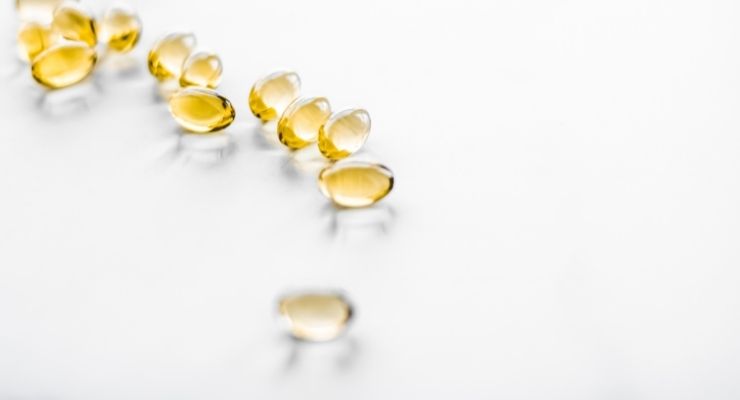02.18.22
A review of hospitalization data published in the journal Clinical Nutrition ESPEN concluded that supplementation with vitamin C, vitamin D, or zinc did not reduce risk of death in COVID-19 patients. Still, vitamin D may be associated with lower intubation rate and shorter length of hospitalization. This meta-analysis was conducted by researchers at The University of Toledo in Ohio.
“A lot of people have this misconception that if you load up on zinc, vitamin D or vitamin C, it can help the clinical outcome of COVID-19,” said lead author Azizullah Beran, an internal medicine resident at The University of Toledo College of Medicine and Life Sciences. “That hasn’t been shown to be true.”
The group reviewed 26 peer-reviewed studies from around the globe that included more than 5,600 hospitalized COVID-19 patients. Their analysis found no reduction in mortality for those being treated with vitamin D, vitamin C, or zinc compared to patients who did not receive one of those three supplements.
However, analysis did find that treatment with vitamin D may be associated with lower rates of intubation and shorter hospital stays. Researchers said more study is needed to validate that finding.
Vitamin C and zinc were not associated with shorter hospital stays or lowering the chance a patient would be put on a ventilator.
While the study predominately looked at patients who were already sick and hospitalized with COVID-19 when given the supplements, researchers did analyze a smaller subset of individuals who had been taking vitamin D prior to contracting the virus. They found no significant difference in the mortality rate of that population either.
Researchers cautioned that the study shouldn’t be interpreted as saying vitamin and mineral supplements are bad or should be avoided, but rather make it clear that they are not effective at preventing COVID-19 deaths.
Beran and Assaly say it’s possible that some COVID-19 patients who are malnourished or otherwise deficient in micronutrients may benefit from taking supplements, but that’s because their bodies already lack essential nutrients.
“A lot of people have this misconception that if you load up on zinc, vitamin D or vitamin C, it can help the clinical outcome of COVID-19,” said lead author Azizullah Beran, an internal medicine resident at The University of Toledo College of Medicine and Life Sciences. “That hasn’t been shown to be true.”
The group reviewed 26 peer-reviewed studies from around the globe that included more than 5,600 hospitalized COVID-19 patients. Their analysis found no reduction in mortality for those being treated with vitamin D, vitamin C, or zinc compared to patients who did not receive one of those three supplements.
However, analysis did find that treatment with vitamin D may be associated with lower rates of intubation and shorter hospital stays. Researchers said more study is needed to validate that finding.
Vitamin C and zinc were not associated with shorter hospital stays or lowering the chance a patient would be put on a ventilator.
While the study predominately looked at patients who were already sick and hospitalized with COVID-19 when given the supplements, researchers did analyze a smaller subset of individuals who had been taking vitamin D prior to contracting the virus. They found no significant difference in the mortality rate of that population either.
Researchers cautioned that the study shouldn’t be interpreted as saying vitamin and mineral supplements are bad or should be avoided, but rather make it clear that they are not effective at preventing COVID-19 deaths.
Beran and Assaly say it’s possible that some COVID-19 patients who are malnourished or otherwise deficient in micronutrients may benefit from taking supplements, but that’s because their bodies already lack essential nutrients.




























